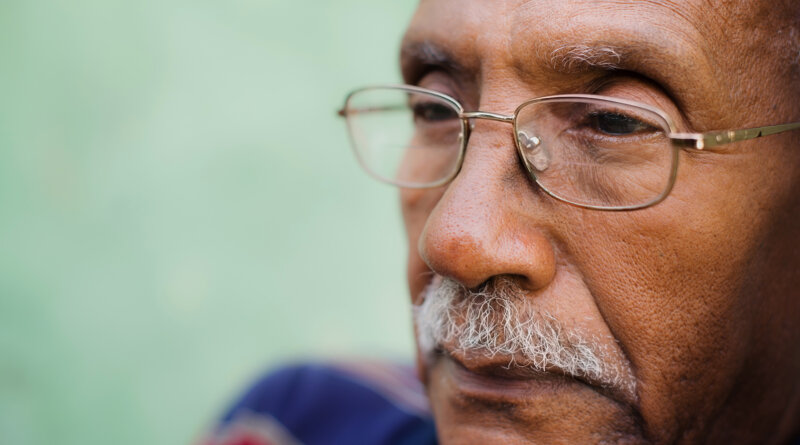Millions Of Seniors Live In Areas Lacking ICU Beds
Few areas — such as operating rooms, emergency department and units used for post-anesthesia care ― have the hookups needed, according to Martin.
Intensive care units also require specially trained doctors, nurses and respiratory therapists. While nurses in other areas of the hospital may care for six patients, ICU nurses typically focus on one or two, Martin said.
“Mechanical ventilation of a fragile patient is rather dangerous if provided by someone other than these trained ICU professionals, which is why mechanical ventilation is not typically done outside of the ICU,” the group said.
Bob Atlas, president and CEO of the Maryland Hospital Association, noted that hospitals and government officials have been discussing ways to boost staffing levels, such as calling on doctors with expired medical licenses, or those licensed to practice in other states, to treat patients in viral hot spots.
Also up for discussion: loosening rules for “scope of practice,” regulations that spell out the duties medical professionals are permitted based on their training.
Atlas and others said they hope steps hospitals have taken to free up beds, such as deferring nonessential surgery, will keep the system from collapsing.
“It’s not as if every Medicare beneficiary will need an ICU bed,” he said. He also said hospitals could wind up treating only the sickest patients.
Greg Burel, the former director of the Strategic National Stockpile, said he hoped that hospitals lacking ICU beds could quickly iron out transfer agreements to move critically ill patients.
“Let’s hope we don’t get there,” he said.
Novant Health Brunswick Medical Center, on North Carolina’s coast, ordered additional ventilators two months ago in case COVID-19 went global. It has six and expects four more, said Shelbourn Stevens, its president. But it has only five intensive care beds among its 74-bed total.
Drawing on decades of experience with emergency care after hurricanes, the hospital’s staff is decreasing elective-surgery cases and preparing to rapidly increase screening for the new coronavirus.
“I’m very comfortable with our plans right now,” Stevens said. “Disaster planning is in our bones, so to speak. Our team knows how to react.”




